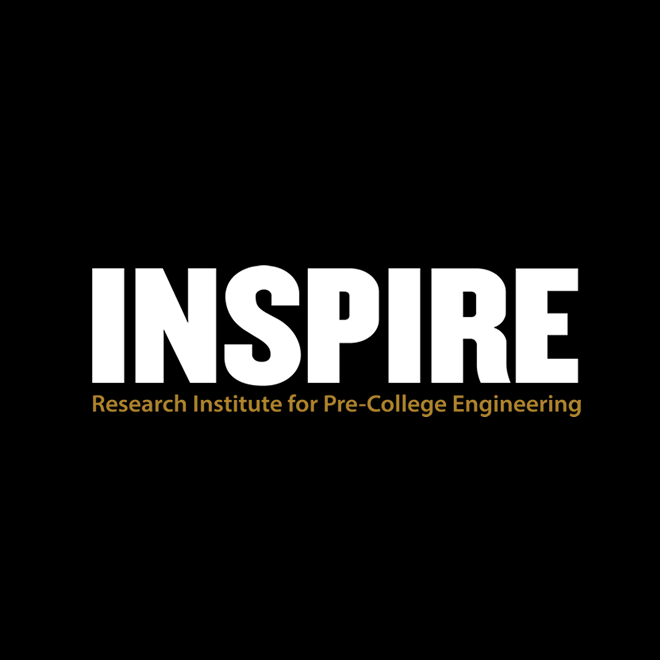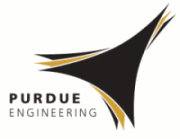Author ORCID Identifier
Ibrahim Delen https://orcid.org/0000-0003-2816-777X
Tugba Yuksel:
0000-0001-7818-7547
Abstract
In the past hundred years, there have been a number of pandemics that have affected the entire world, including the 1918 H1N1 influenza pandemic, the 1957 H2N2 influenza pandemic, and the 2009 H1N1 influenza pandemic. While responses to the most recent H1N1 influenza pandemic remained local, the COVID-19 pandemic, on the other hand, resulted in long-term school closures all around the world, prompting a sudden shift to distant education by compelling K-12 educators and students to do so. The purpose of this study is to find out how K-12 education studies reacted to the sudden shift in supporting engineering and STEM (science, technology, engineering, and mathematics) education during the COVID-19 pandemic. To accomplish this goal, we conducted two separate searches in different databases and reviewed 25 articles. These articles were classified into four categories: (1) adaptation to online learning and the effects of a sudden shift, (2) implementing new strategies and tools, (3) STEM education in informal learning environments, and (4) teacher professional development. Our analysis indicated that engineering and STEM education research primarily focused on higher education during the COVID-19 pandemic. The limited number of studies examining K-12 engineering and STEM first investigated the adaptation to online learning by utilizing various resources that elementary and secondary teachers could easily access. Blended learning, flipped learning, and maker pedagogy were encouraged in K-12 engineering and STEM studies. Movies were the most commonly used tool in K-12 engineering and STEM studies. It is encouraging that studies also examined informal learning contexts (outreach initiatives, museums) and inequities in STEM and engineering education. However, the small number of studies in each category reminds us that there is still a lot of work to be done in terms of the future of K-12 engineering education, especially considering that distant education may become a permanent part of K-12 education.
Recommended Citation
Delen, I.,
&
Yuksel, T.
(2023).
Abrupt Shift or Caught Off Guard: A Systematic Review of K-12 Engineering and STEM Education’s Response to the COVID-19 Pandemic.
Journal of Pre-College Engineering Education Research (J-PEER), 12(2), Article 6.
https://doi.org/10.7771/2157-9288.1353


